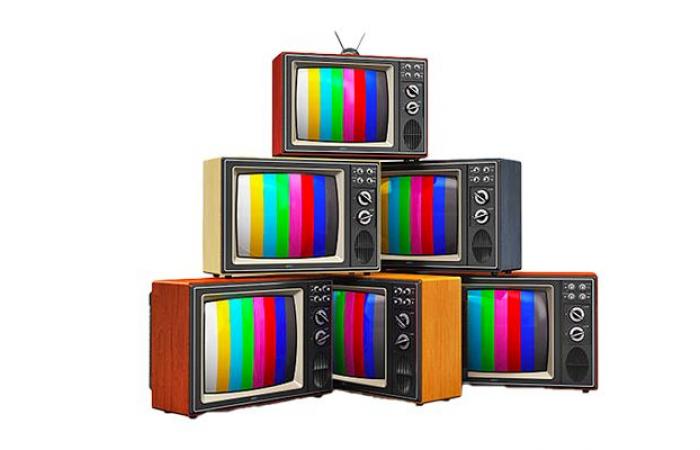Faced with accelerated digital changes, television is fighting for its survival and to keep its audience, particularly among young people who are increasingly turning to digital platforms for information and entertainment.
Despite this rapid technological evolution and the emergence of new means of communication, television, which celebrates its UN World Day every year (November 21), strives to maintain its stature and rejuvenate its content to adapt to these changes. . It continues to play an essential role in the formation of public opinion and remains a window on the world within the reach of different layers of society.
In a statement to MAP, Mohamed Ali Bougma, project manager at the Program Directorate of the second television channel (2M), underlines that Moroccan television is an essential vector for enriching public debate. This mass media, he explains, provides a space for interaction between various segments of the community and plays a key role in raising awareness about national issues in a spirit of diversity and openness, in addition to its contribution to promoting Moroccan cultural wealth.
For this professional, despite the emergence of social networks having changed the media situation, television remains a fundamental information platform in the coverage of major national events, because it benefits from great credibility and a notable capacity to reach a broad spectrum of society.
However, notes Mr. Bougma, television is called upon to support technological transformations by opening up to digital platforms and making greater use of social networks to interact with the public.
For his part, Abdelilah El Jaouhary, Moroccan director and film critic, emphasizes, in a similar statement, the role of Moroccan television in promoting the cultural diversity of the Kingdom through its program schedule, in particular by broadcasting films and series that are inspired by the history, traditions and epics of Moroccans throughout history.
The Moroccan filmmaker calls for strengthening the role of television in promoting Moroccan cultural, heritage and historical diversity by producing programs and broadcasts that more specifically target young people and reflect their aspirations, as such offering programs and debates televised with this segment of society.
The celebration of World Television Day is an opportunity to highlight the role of the small screen in a world marked by a digital revolution and an unprecedented proliferation of social networks.
Established by the United Nations General Assembly in 1996, World Television Day aims to emphasize the growing influence of this medium in decision-making and its active role in raising awareness of major issues, particularly those economic, social and political.
By Karim Hammou (MAP)






